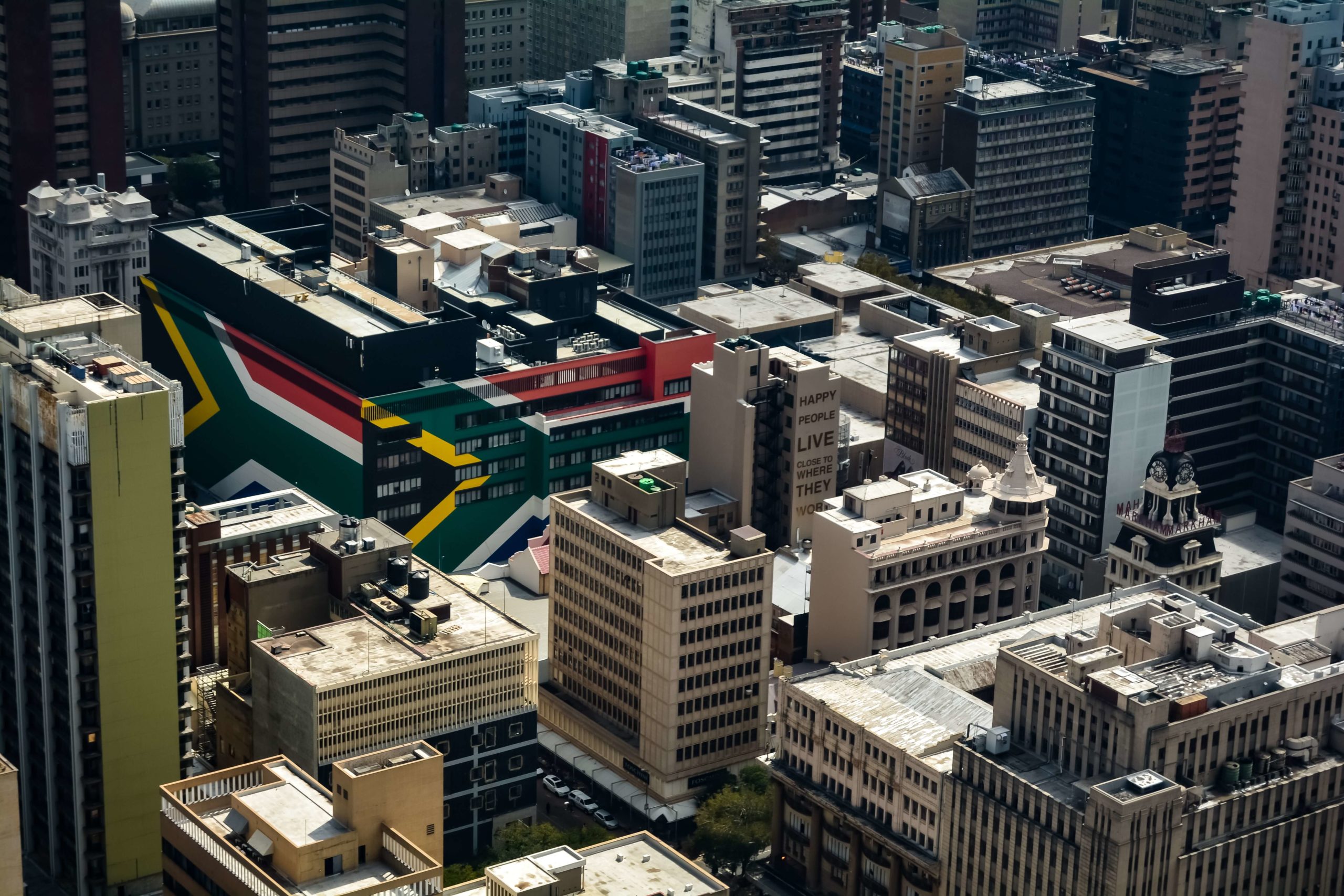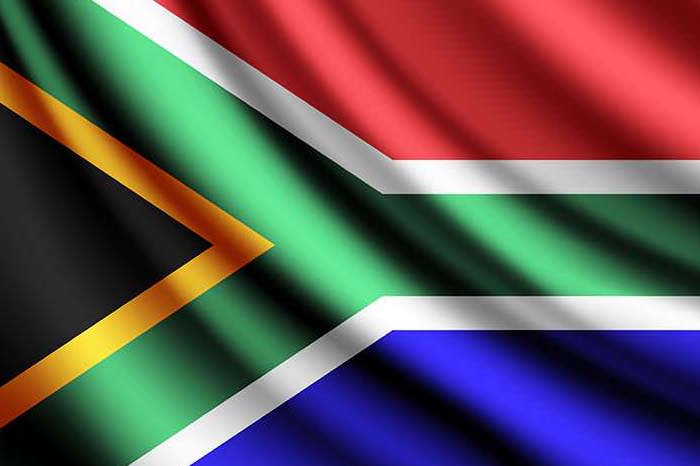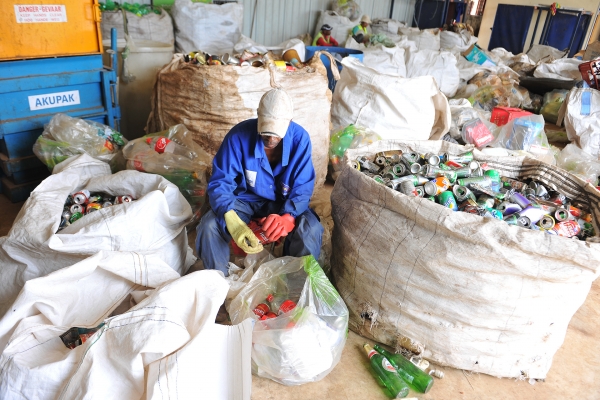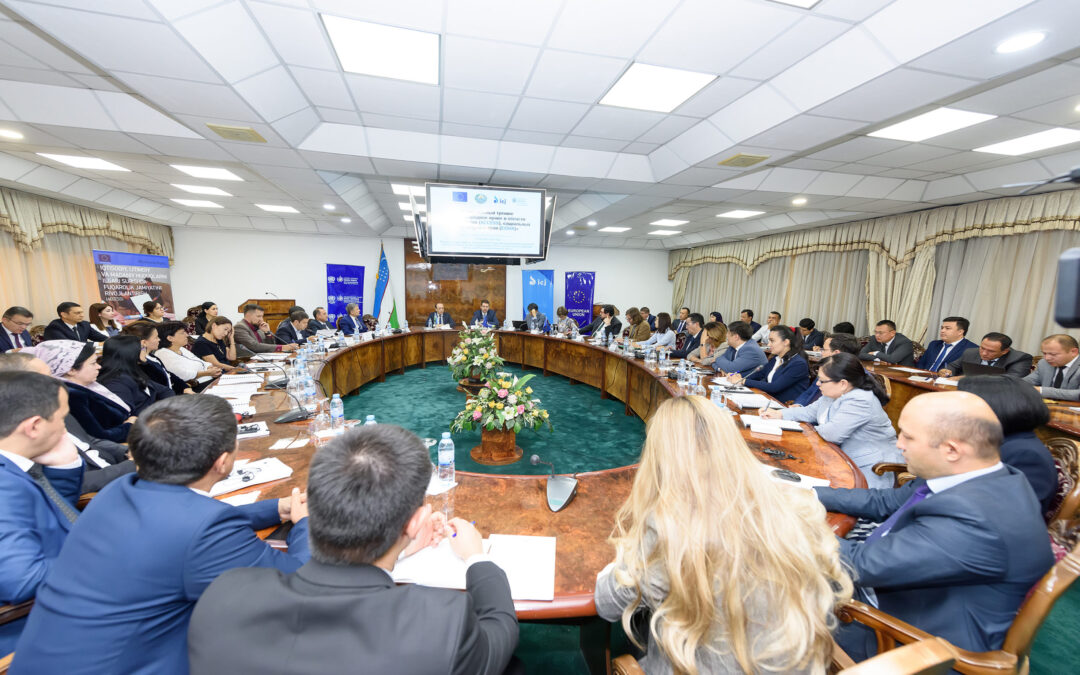
Aug 26, 2024 | Cases, Web Stories
Today, the ICJ will argue a case before the Supreme Court of Appeal, as an amicus curiae, that the rights to housing and work for persons working in the informal sector to reclaim waste for recycling must be protected in line with international law and standards.

Nov 1, 2023 | Committee on the Elimination of Racial Discrimination, Legal submissions, News, Treaty Bodies, Work with the UN
The International Commission of Jurists (ICJ) made a submission to the UN Committee on the Elimination of Racial Discrimination in view of the Committee’s examination of the Combined Ninth to Eleventh Periodic Reports of South Africa under Article 9 of the International Convention on the Elimination of All Forms of Racial Discrimination (ICERD). The submission focussed primarily on the treatment of non-citizens with reference to the 2019 National Action Plan and on South Africa’s violations of the right to access health care and treatment, the right to work, as well as on concerns around residence and humanitarian protection for Zimbabweans.
The following are among some of the recommendations featured in the submission, which ICJ addressed to the South African government, to tackle a number of violations of the ICERD:
- Enact legislation that permits trained attorneys who are non-citizen/non-permanent residents to be admitted into the South African legal profession. Remove unequal practices and policies that discriminate against non-citizens and deny or undermine their ability to work in their chosen profession. Promote and advance the rights to work, to free choice of employment, to just and favorable conditions of work, to protection against unemployment, to equal pay for equal work, to just and favorable remuneration;
- Acknowledge that, based on the demographics of South Africa’s migration trends, discrimination based on national origin and citizenship status carries a quality of xenophobia and racial discrimination and should be recognized as unconstitutional and a violation of South Africa’s obligations under the Convention;
- Halt the termination of the ZEP programme and institute a pathway toward permanent residency for the 178,000 Zimbabweans who have lived and worked in South Africa for over a decade under the ZEP programme; and
- Extend the ruling that found denying access to public healthcare for non-citizen mothers, lactating mothers and children under the age of six is unconstitutional so as to ensure that denial of access to public healthcare to any individual in South Africa is unconstitutional;
- Formalize the informal economy by ensuring that informal economy workers are catered for under labour, occupational health and safety, social protection and non-discrimination laws;
- Ensure that by-laws and regulations comply with the right to work and the right to non-discrimination in the South African Constitution and under the Convention.
The following organizations have endorsed this submission:
- Lawyers for Human Rights
- Section 27
- Centre for Applied Legal Studies
- Health Justice Initiative
- Kopanang Africa Against Xenophobia
- Solidarity Centre
- The Consortium for Refugees and Migrants in Southern Africa.
Download the submission

Aug 2, 2022 | News
The International Commission of Jurists (ICJ) and Lawyers for Human Rights (LHR) are disappointed by the 2 August judgment of the South African Constitutional Court in the Relebohile Cecilia Rafoneke v Minister of Justice and Correctional Services (Rafoneke) case, which the Court heard together with the Bruce Chakanyuka & Others v Minister of Justice and Correctional Services & Others (Chakanyuka) case. Rafoneke concerns the constitutionality of Section 24(2)(b) of the Legal Practice Act 28 of 2014 (LPA), which prohibits otherwise qualified lawyers from practising law in South Africa solely on the basis of their citizenship.

Mar 1, 2021 | Cases, News
Today, the ICJ will argue in a case before the Johannesburg High Court that the rights to housing and work for persons who work to informally reclaim waste must be protected in line with international law and standards.
Today the International Commission of Jurists will be appearing as an amicus curiae in the matter of Ryckloff-Beleggings (Pty) Ltd v Ntombekhaya Bonkolo and Others. In this matter, the Socio-Economic Rights Institute of South Africa represents over 100 informal waste reclaimers who are opposing an application for eviction from their homes by, Ryckloff-Beleggings (Pty) Ltd, the owner of the property.
The ICJ, represented by Lawyers for Human Rights, is asking the Court to fully consider the impact of any eviction order it grants on the rights to housing and work of the reclaimers and the right to health of both the reclaimers and the broader community, particularly in the context of the ongoing COVID-19 pandemic.
Timothy Fish Hodgson, Legal Adviser on Social, Economic and Cultural Rights at the ICJ said:
“It is inhumane to render people homeless as a result of eviction from their homes, but when doing so also strips them of their ability to make a living, the impact on their dignity is even greater. South Africa has a duty to ensure the protection of the reclaimers’ rights to housing and work.”
Many of the informal reclaimers in this matter have lived on the property for long periods of time and they argue that the eviction will result in them being rendered homeless. Many make a living by collecting, sorting, recycling, and selling valuable materials disposed of as waste at and near their homes.
The land upon which they live is not just their home, but also allows them to make a living. In the South African context job opportunities are scarce with an official unemployment rate as high as 32.5 percent.
The ICJ brief calls on the Court to take account of international human rights law relating to the right to work, and South Africa’s international legal obligations and its own domestic law in terms of the right to housing.
In the event of their eviction being permitted by the Court, the reclaimers seek the provision of alternative accommodation which will not deprive them of their ability to make a living, a request which the ICJ contends is consistent with the requirements of international human rights law.
Thandeka Chauke, ICJ’s legal representative in this matter and an Attorney at Lawyers for Human Rights said:
“Especially in light of the economic devastation brought on by the COVID-19 pandemic, it is essential that Courts act as guardians of the human rights of the marginalized in our society. Informal reclaimers’ role in our society should be recognized and they should not be stripped of their homes and livelihoods without sufficient effort being made by government to come to their aid.”
For the ICJ’s heads of arguments, click on ICJ_Amicus_Curiae_Heads_of_Argument_Ryckloff.
For more information about the case, click here.
CONTACT:
Timothy Fish Hodgson, Legal Adviser on Social, Economic and Cultural Rights, e: timothy.hodgson@icj.org
Tanveer Rashid Jeewa, Communications and Legal Officer, e: tanveer.jeewa@icj.org

Oct 8, 2020 | News
Today, the ICJ, the Regional office of the UN High Commissioner for Human Rights (OHCHR) for Central Asia and the Supreme School of Judges of the Republic of Uzbekistan (SSJ) are beginning a national training on “International law on economic, social and cultural (ESC) rights.”
This two-day online-training is the second of a series of trainings on ESC rights, including, the right to health, education, housing, child protection and rights in the workplace.
The online-training aims to build the capacity of judges, lawyers, prosecutors, legal academics and other representatives of civil society to apply international law and standards on ESC rights. Trainers will share best practices on implementation by States of their international obligations, including through judicial practice, and in ensuring access to justice for ESC rights. The online-training will also allow for exchanges between members of the judiciary, other legal practitioners, and members of civil society.
The training will be based on four modules: (1) introduction to international law on ESC rights; (2) international obligations concerning access to justice and effective remedies for ESC rights in national courts and comparative examples of good practices; (3) children`s ESC rights and (4) women`s ESC rights. The office of the UN Special Rapporteur on independence of judges and lawyers and representatives of the UN Committee on the Elimination of Discrimination against Women will participate in the training.
“Nobody could imagine the challenges the world will face only in few months after my visit to Uzbekistan. We are witnessing and living this unprecedently challenge for individuals, societies and states to response to crisis at global and national level to protect right to life and health, and to protect individuals from impact of lockdowns and restrictions. Economic, social and cultural rights are the heart of these challenges,” said Diego Garcia-Sayan, the UN Special Rapporteur on independence of judges and lawyers in his video-address to the participants of the training.
Francois Begeot, Head of Cooperation of the Delegation of the European Union to the Republic of Uzbekistan pointed out, “COVID-19 pandemic showed the urgency and importance of economic, social and cultural rights that have to be ensured by the states, even in the emergency situations. Taking international obligations, Uzbekistan has to respect, protect and fulfil human rights including during the state of emergency and ensure access to justice and legal remedies.”
Read full press release here.
Watch Diego García-Sayán speech for the event:
Contact:
Ms. Dilfuza Kurolova, Legal Consultant, ICJ Europe and Central Asia Programme, e: dilfuza.kurolova@icj.org
Ms. Guljakhon Amanova, National Program Officer, Uzbekistan, Regional Office of the UN High Commissioner for Human Rights (OHCHR), e:gamanova@ohchr.org
Mr. Utkir Khalikov, Head of the international department The Supreme School of Judges under the Supreme Judicial council of the Republic of Uzbekistan for Central Asia, e: inter.dep.ssj@mail.ru









